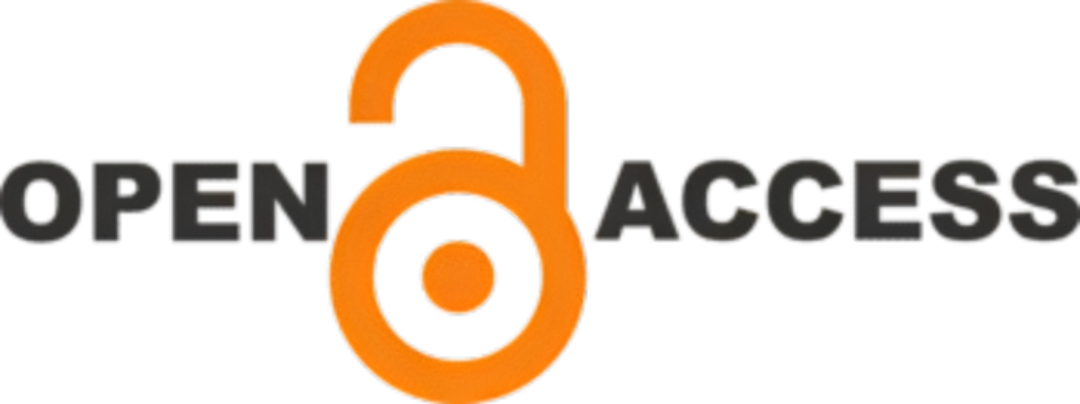Python’s Role in Democratizing AI Open- Source Tools and Eco-Conscious Development
DOI:
https://doi.org/10.15680/IJCTECE.2023.0605002Keywords:
Python, Open-Source Tools, AI Democratization, Green AI, Sustainable AI, Machine Learning Optimization, Energy-Efficient Algorithms, Eco-Conscious Development, TensorFlow, PyTorch, Scikit-LearnAbstract
Python has become the de facto language for AI and machine learning development, significantly contributing to the democratization of AI. Through open-source libraries and frameworks such as TensorFlow, PyTorch, and Scikit-Learn, Python enables developers and researchers to build and deploy sophisticated AI models, irrespective of their computational resources. However, with the growing concerns regarding the environmental impact of large-scale AI models, Python’s role also extends into the realm of eco-conscious development. This paper explores how Python, through its open-source community, facilitates both AI accessibility and sustainability. We investigate Python’s contribution to eco-conscious development, such as model optimization, energy-efficient algorithms, and the integration of green AI practices. By reviewing case studies, the paper highlights the benefits of Python’s ecosystem in building sustainable AI systems that are both high-performing and energy-efficient.
References
1. Abadi, M., Barham, P., Chen, J., et al. (2016). TensorFlow: A system for large-scale machine learning. 12th USENIX Symposium on Operating Systems Design and Implementation (OSDI).
2. Paszke, A., Gross, S., Massa, F., et al. (2019). PyTorch: An imperative style, high-performance deep learning library. Advances in Neural Information Processing Systems (NeurIPS).
3. Pedregosa, F., Varoquaux, G., Gramfort, A., et al. (2011). Scikit-learn: Machine learning in Python. Journal of Machine Learning Research, 12, 2825-2830.
4. Strubell, E., Ganesh, A., & McCallum, A. (2019). Energy and policy considerations for deep learning in NLP.
Proceedings of the 57th Annual Meeting of the Association for Computational Linguistics (ACL).
5. Zhu, Y., Zhang, X., & Lin, M. (2017). Accelerating deep learning models with hardware-aware pruning. IEEE Transactions on Neural Networks and Learning Systems, 28(4), 886-896.
6. Van Rossum, G. (2001). Python programming language. In USENIX Annual Technical Conference.


